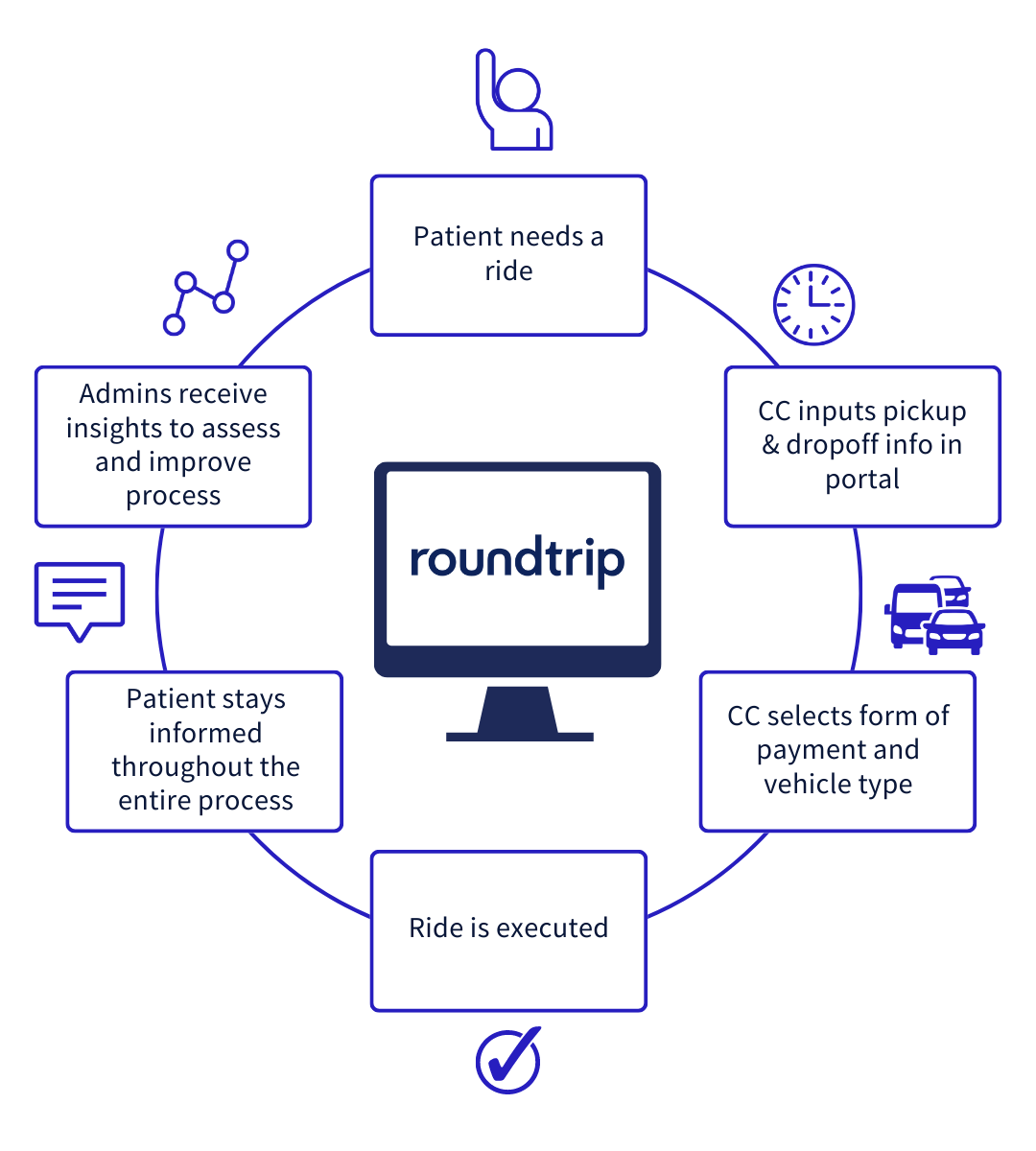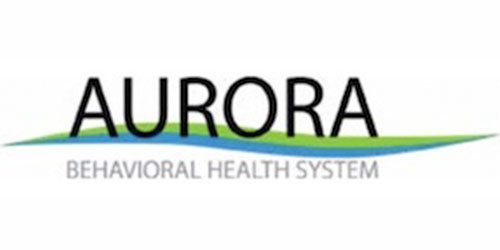About the Medical Center:
This Baltimore-based medical center operates 468 beds. The emergency department alone sees a volume of about 60,000 patients annually. It offers a wide range of services for in-patient and out-patient care including several primary care and specialty care centers, as well as emergency trauma care. It is part of a larger health system that operates numerous hospitals, outpatient healthcare facilities, and Medicare Advantage programs spanning across Maryland and Florida.
Challenge:
In 2017, the medical center relied on a taxi service to transport ambulatory patients to and from the facility. The process of booking a ride was tedious for care coordinators – they first had to fax the taxi company to make a ride request and then call them to confirm the receipt of the fax. This resulted in prolonged ride booking periods and inefficient hospital discharges for those who needed rides. Furthermore, patients experienced delays due to tardiness of taxis, and care coordinators even raised concern about patient’s safety due to these delays. The medical center’s primary goal was to eliminate these transportation-related issues to improve patient satisfaction, facilitate quicker discharges, and reduce emergency department wait times. Additionally, it hoped to introduce cost-savings measures to improve its expenditure on taxi services.
Solution:
In July of 2018, the medical center piloted Roundtrip’s cloud-based platform to improve efficiency around patient transportation. It implemented Roundtrip in five of its departments: Acute Psychiatry Unit (APU), Labor and Delivery (L&D), Progressive Care Unit (PCU), Diuresis Clinic, and the Oncology Clinic. As a result of the implementation, care coordinators could now book rides in three minutes or less using Roundtrip’s intuitive user interface, rather than having to fax or calling a taxi service. Additionally, care coordinators were able to connect patients with Lyft’s ride-share service to avoid the heightened cost of taxi services. Administrators who used Roundtrip could view reports and metrics, such as records of each trip that occurred, so that they could better analyze transportation performance.

Impact:
Within 90 days of implementation, Roundtrip’s solution significantly helped improve ride booking efficiency. Care coordinators could schedule a ride for patients more quickly than before, resulting in improved satisfaction for both employees and patients. This was corroborated by a survey conducted by the medical center, which showed that prior to Roundtrip’s implementation, patients and employees rated their satisfaction around transportation as 1 out of 5. However, following Roundtrip’s implementation, this rating increased to 4 out of 5, resulting in a 3x improvement. Additionally, the medical center reported a 43% reduction in transportation costs as measured by the average cost per ride.
Expansion
Following a successful six-month pilot with Roundtrip, the medical center experienced remarkable outcomes, leading to the implementation of Roundtrip at four additional facilities within the greater health system. In addition, the health system collaborated with Roundtrip on various social determinants of health programs, helping patients get to outpatient facilities like pharmacies, blood tests, and more. Finally, Roundtrip was implemented for three of its Medicare Advantage programs. Since July 2018, the greater health system’s partnership with Roundtrip has facilitated an impressive metric of over 70,000 patient rides and rising.
Conclusion:
Roundtrip’s 2018 pilot with the Baltimore-based medical center served as a testbed which eventually enabled widespread implementation of the software throughout the greater health system. The program demonstrated success in improving efficiency around transportation booking, resulting in better patient and staff satisfaction. Finally, Roundtrip helped reduce costs associated with booking taxi services, helping the health system meet its financial targets for the program.

